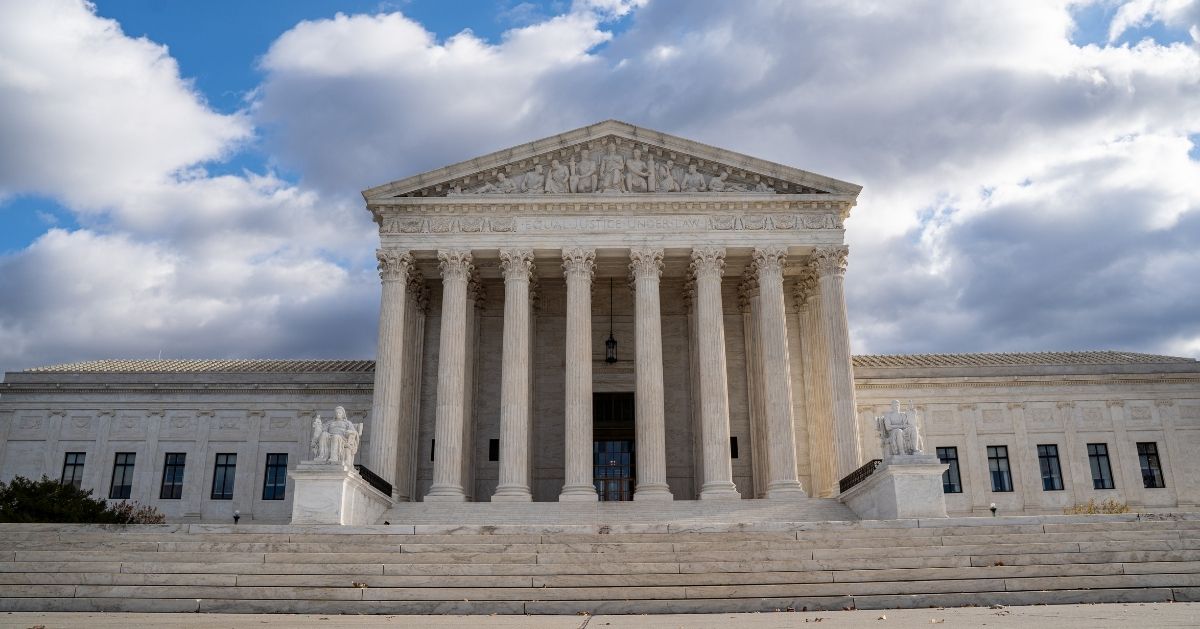Polyakov, driven by curiosity and adventure, embarked on a risky voyage to one of the world's most inaccessible locations. North Sentinel Island, famed for its strictly guarded isolation and home to the Sentinelese people, represents a sanctum where outsiders are vigorously prohibited.
The island, a part of the Andaman archipelago overseen by India, forbids visits to safeguard the tribe's safety and cultural integrity. However, Polyakov managed to reach the island using a small boat, directly violating local and international protocols.
The Dangers of Unsanctioned Contact with Indigenous Tribes
Upon arriving, Polyakov attempted to engage the tribe by floating off their island and blowing a whistle for nearly an hour. He soon took a bold step by landing on the shore, where he left a can of Coke and a coconut as offerings to the Sentinelese.
This interaction not only risks Polyakov's safety but also poses a severe health threat to the tribe, known for their limited immunity to external diseases. His actions echoed the tragic fate of John Allen Chau, another American who met a fatal end at the hands of the tribe under similar circumstances.
Authorities intervened shortly after Polyakov's expedition. Andaman and Nicobar police arrested him, and he was later presented in court for unauthorized entry into the area. Chief HGS Dhaliwal confirmed the arrest and detailed how local law enforcement responded swiftly to mitigate the incident.
Legal Ramifications and International Concerns
The implications of Polyakov's actions have attracted commentary from several advocacy groups, including Survival International, which chastised his attempt to contact the Sentinelese as "deeply disturbing." These concerns highlight the ongoing tensions between the rights of indigenous communities to remain isolated and the curiosity of outsiders.
Reviewing the footage from Polyakov’s own GoPro camera, officers could piece together his movements on the island. The video has played a critical role in substantiating the charges against him.
Dhaliwal informed AFP that his recorded equipment captured Polyakov’s actions, confirming the illicit trespass. Authorities held the American on remand for three days to coerce further insights into his motives and preparation for the journey.
Reflecting on a Pattern of Risky Encounters
Polyakov’s venture adds to a troubling pattern of interactions with one of the most secluded tribes in the world. The Sentinelese, who number around 200, have historically demonstrated fierce resistance to external contact, often responding with aggression to protect their privacy.
The U.S. government has been notified of the situation and is monitoring the developments closely. International laws and bilateral treaties emphasize the sovereignty of indigenous lands, making Polyakov’s actions not only dangerous but also a breach of significant diplomatic protocols.
The incident opens up a broader dialogue on the ethics of interacting with isolated tribes. With the increasing reach of technology and travel, the challenges of preserving such communities while respecting their autonomy become even more complex.
Future Steps to Safeguard Indigenous Rights
In response to this incident and previous breaches, authorities may consider stricter measures to prevent similar occurrences. Enhancing surveillance and penalties could deter adventurers and respect the boundaries established for such protected areas.
As discussions unfold, the balance between curiosity and conservation remains delicate. The case of Mykhailo Viktorovych Polyakov serves as a stark reminder of the responsibilities that come with the power of modern exploration and the enduring rights of indigenous populations to live undisturbed.
The outcomes of this case could potentially shape future policies and actions aimed at protecting isolated tribes, ensuring that their rights and well-being take precedence in the global dialogue on cultural preservation and human curiosity.

